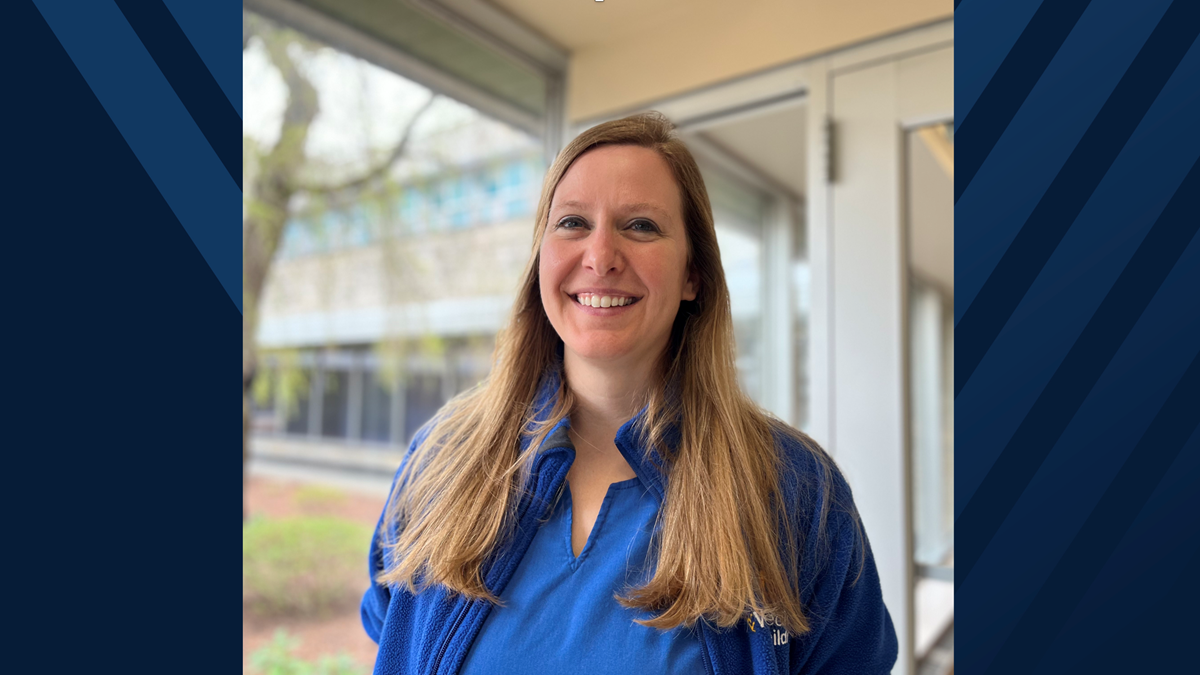Caring for Patients in the Most Difficult Times

Colleen Kroll, a two-time graduate from the WVU School of Nursing, has used her nursing degrees to become a Sexual Assault Nurse Examiner (SANE).
Kroll graduated from the School of Nursing in 2011 with her BSN degree and again in 2015 with her FNP degree. She also has a degree in psychology.
To become a pediatric or adolescent/adult SANE, applicants must have two years of nursing experience and a bachelor’s degree. They must also complete a didactic course, additional training, and observations in a clinical setting.
“I thought it would be a good mesh of both worlds — to have nursing skills and to help someone with an emotional crisis,” Kroll said.
Many patients have a lot of guilt associated with their experience. But Kroll and other SANEs hope to be as supportive as possible as they address the forensic and medical needs.
“It’s incredibly powerful to be supportive for patients in the moment, to help break some of those cultural barriers that are set up,” Kroll said. “People come in and have some much guilt around the fact that they were a victim. What you were wearing doesn’t mean anything. Drinking, or being friendly or flirting, does not mean that you consent to sexual encounters.”
In addition to working as a SANE, Kroll has several other professional experiences as a:
- Clinical nurse instructor at the WVU School of Nursing
- Family nurse practitioner in the Department of Pediatric and Adolescent Medicine at WVU Medicine
- Graduate nurse research assistant at the WVU School of Nursing
- Registered nurse on the Pediatric floor at WVU Medicine
Kroll also has professional service experience at the:
- Monongalia County Child Advocacy Center in Morgantown, WV
- Marion County Child Advocacy Center in Fairmont, WV
- Harrison County Child Advocacy Center in Clarksburg, WV
- Board member of Lasting Impressions Daycare Child Development Center
Kroll encourages people to consider supporting the important work of SANEs. Through financial support for continuing education, more nurses who are doing this specialized care can have the appropriate resources they need.